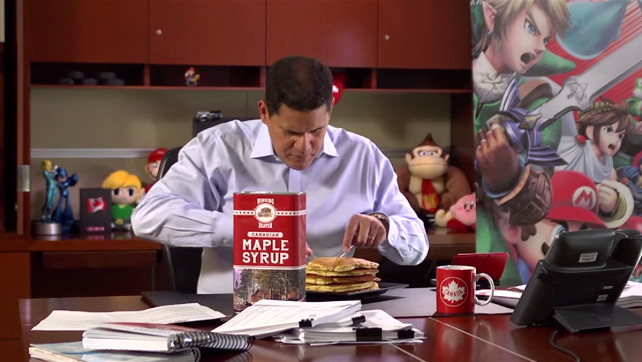Archive Post
Home / January 2016
Bayonetta and Corrin Launch into Smash on Wednesday
Bayonetta and Corrin, the final two DLC fighters for Nintendo's Super Smash Bros. for Wii…
Nintendo Doesn’t Show Canadian Prices on their Website
I always thought it was odd that Nintendo.com seemed to randomly show prices for their…
Sony’s Attempt to Trademark “Let’s Play” Refused
On October 28th, 2015, Sony quietly filed a trademark application for the term "Let's…


